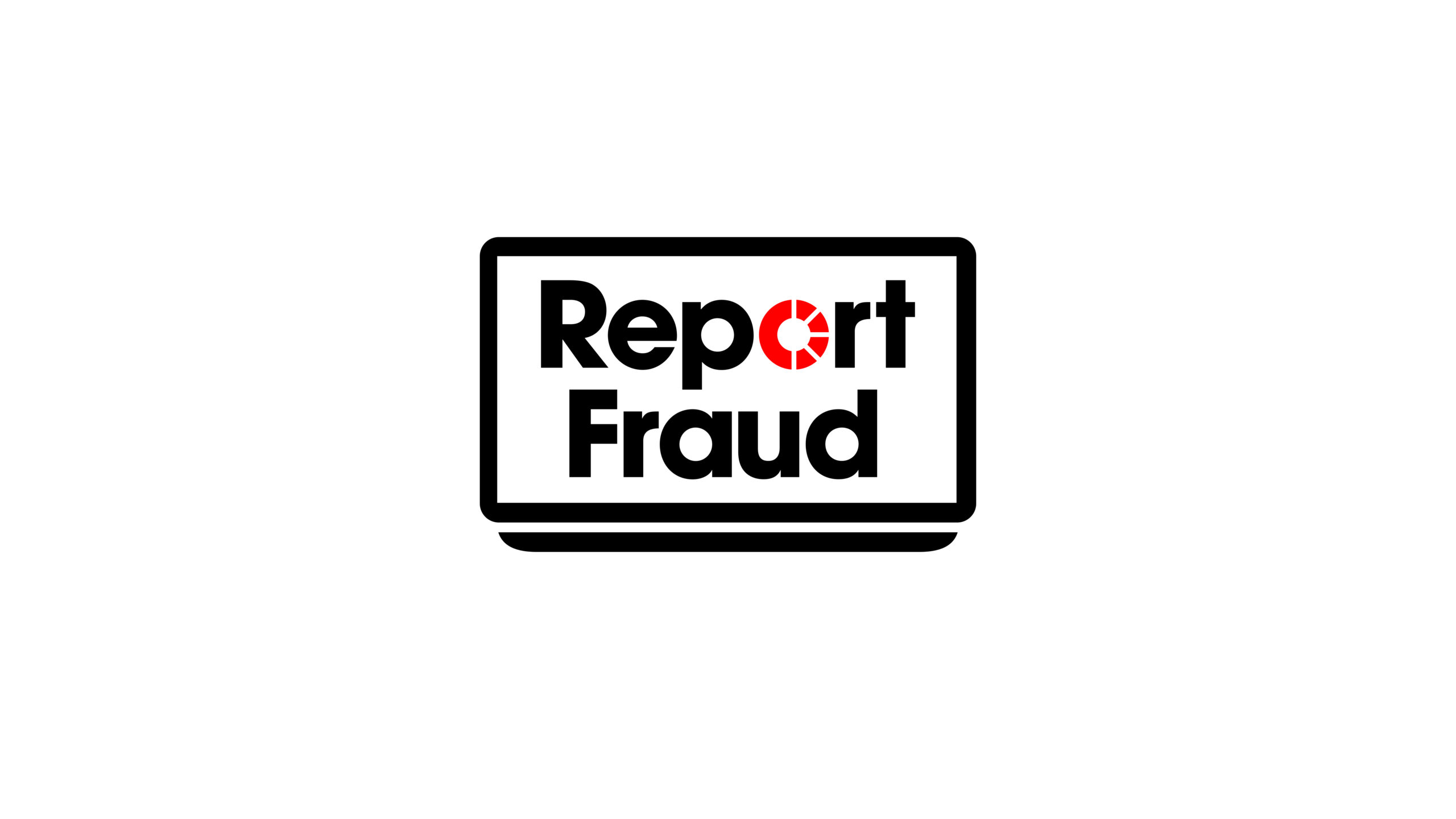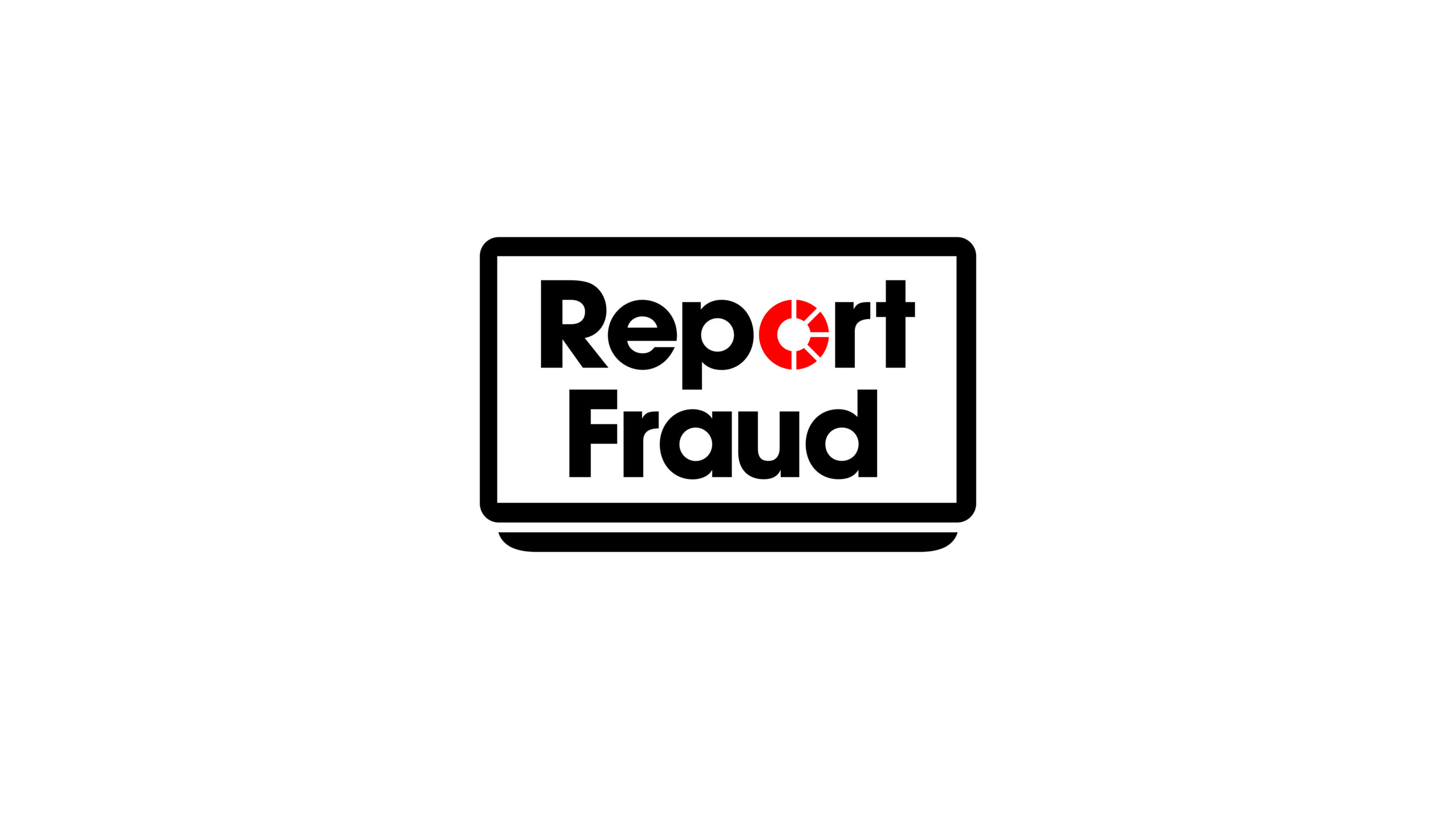Fraud comes in all shapes and forms. New scams are constantly emerging as fraudsters exploit different methods and media channels to get people to part with money, financial data or personal information. Anyone can be targeted, and anyone can become a victim.
Stay ahead with Report Fraud alert
Sign up to hear about the latest fraud activity in your area.
Or follow Report Fraud on their social channels:

Some common types of fraud to be aware of
Here you can see just a handful of fraud types to show how wide-ranging it can be. The more alert you are to the varied nature of fraud, the better prepared you’ll be to spot a fraud attempt.
Banking fraud
Banking fraud occurs when bank cards or bank account information is stolen and used to make payments on someone’s account without their knowledge. The victim might only realise when they see transactions on their statement that they didn’t make.
Advance fee fraud
A huge amount of fraud is designed to persuade people to make an upfront payment for goods or services that don’t exist. This is known as advance fee fraud or advance payment fraud. It can take many forms, including (but not limited to):
- inheritance fraud – you’re told you’re in line to inherit a large sum of money, but you’ll need to pay a fee to release the funds
- investment fraud – you’re offered investment opportunities such as cryptocurrency, often advertised on social media using deepfake (digitally altered or created videos, images and audio recordings) celebrity endorsements
- loan fraud – you’re asked to pay a fee to secure a loan
- lottery fraud – you’re told you’ve won big in a lottery or competition, but you’ll need to pay an admin fee before you can claim it
- recovery fraud – after you’ve been a victim of fraud, you’re approached by someone claiming they can recover your losses – for a fee
- recruitment fraud – you respond to a job ad, but are asked by the ‘recruiter’ to pay a fee to run various checks or provide training – for a job that doesn’t exist
Dating fraud
Dating or romance fraud involves manipulating people into sending money to criminals, who go to great lengths to gain their trust and convince them that they are in a genuine relationship.
Online shopping fraud
Online shopping fraud takes place on online auction sites and marketplaces. Using the anonymity of the internet, fraudsters persuade people to pay them for poor-quality or non-existent items, or they pretend to be a genuine buyer but never pay for the goods.
A-Z of fraud
You can explore many more common types of fraud on the Report Fraud website.
